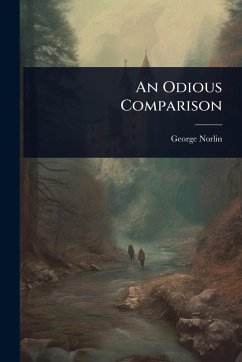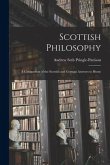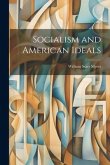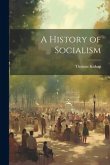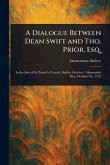In "An Odious Comparison," George Norlin presents a compelling analysis of nationalism and patriotism during the tumultuous period of World War I. Originally published in 1917, this work examines the nature of national identity and its impact on international relations. Norlin delves into the complexities of political ideologies, offering insights into the forces driving global conflict. This thought-provoking exploration of societal values remains relevant for understanding the dynamics of national and international affairs in the modern world. This work has been selected by scholars as being culturally important, and is part of the knowledge base of civilization as we know it. This work was reproduced from the original artifact, and remains as true to the original work as possible. Therefore, you will see the original copyright references, library stamps (as most of these works have been housed in our most important libraries around the world), and other notations in the work. This work is in the public domain in the United States of America, and possibly other nations. Within the United States, you may freely copy and distribute this work, as no entity (individual or corporate) has a copyright on the body of the work. As a reproduction of a historical artifact, this work may contain missing or blurred pages, poor pictures, errant marks, etc. Scholars believe, and we concur, that this work is important enough to be preserved, reproduced, and made generally available to the public. We appreciate your support of the preservation process, and thank you for being an important part of keeping this knowledge alive and relevant.
Bitte wählen Sie Ihr Anliegen aus.
Rechnungen
Retourenschein anfordern
Bestellstatus
Storno

